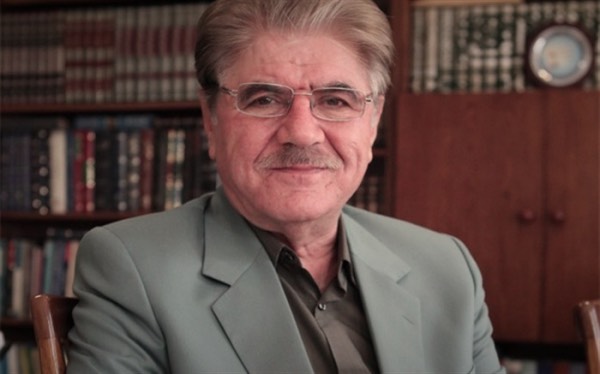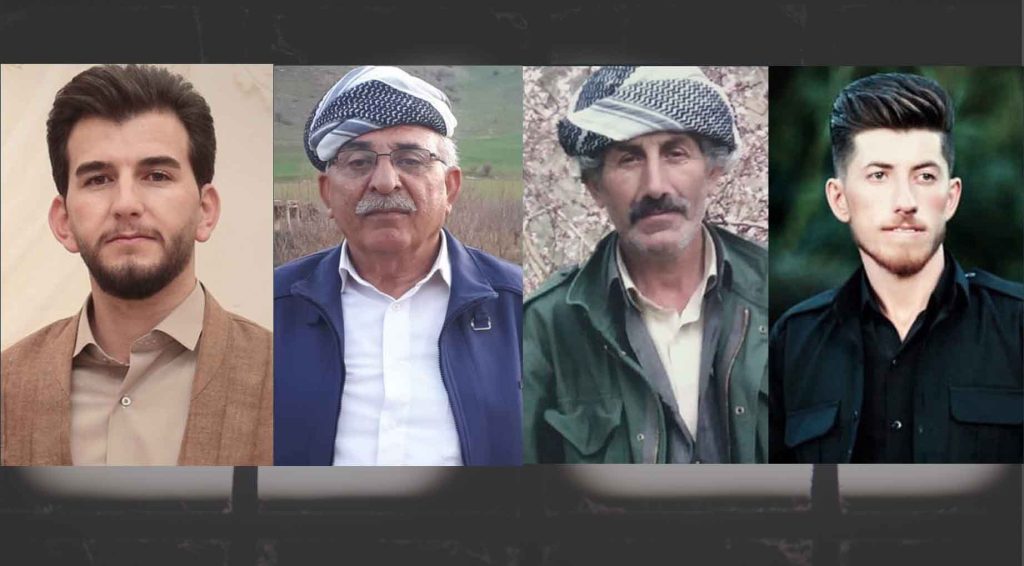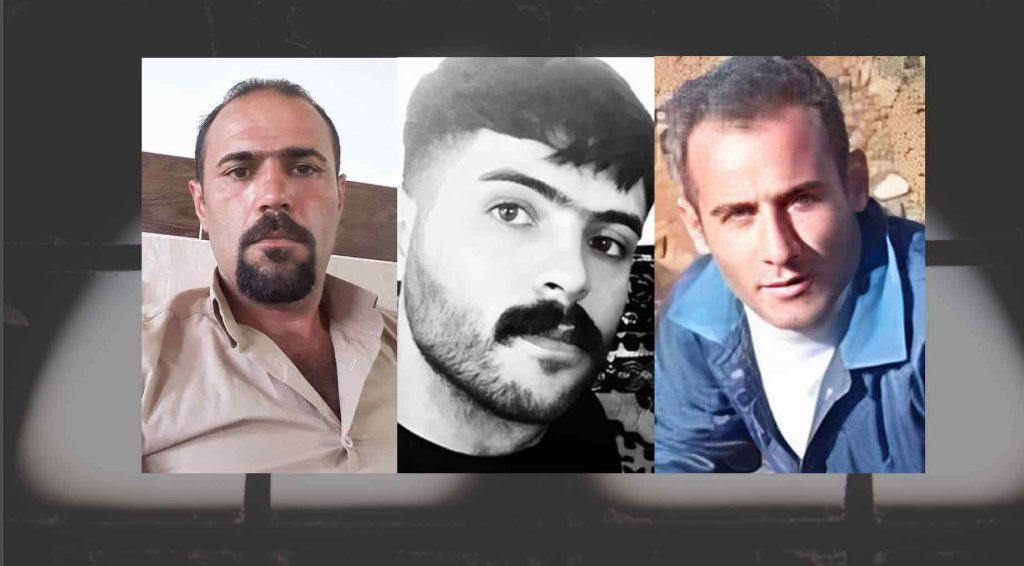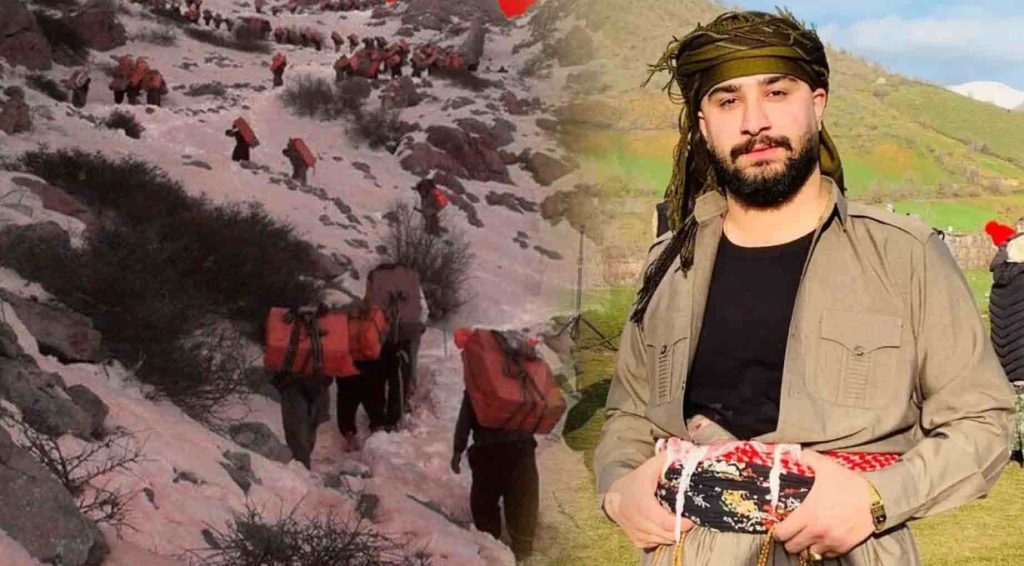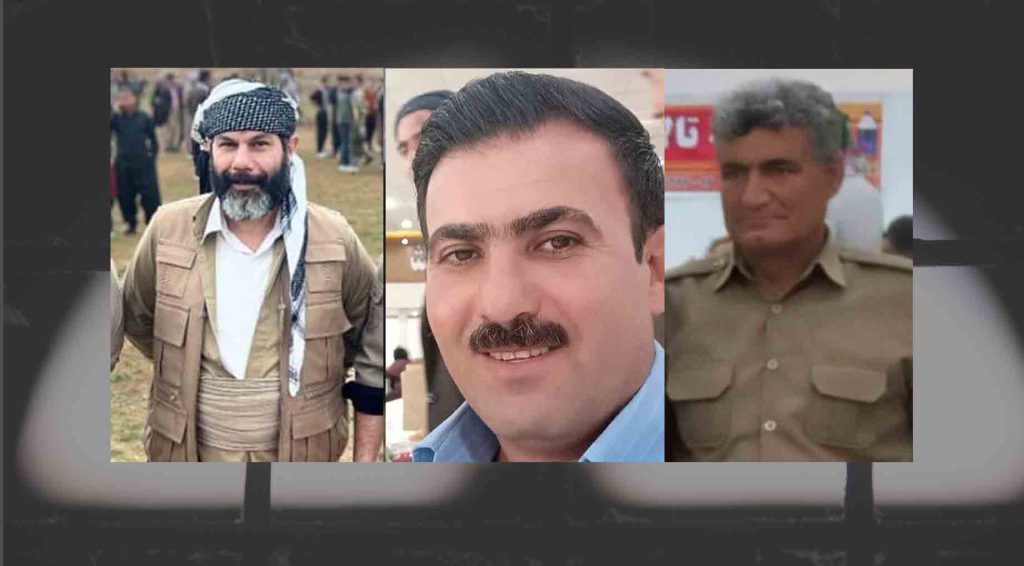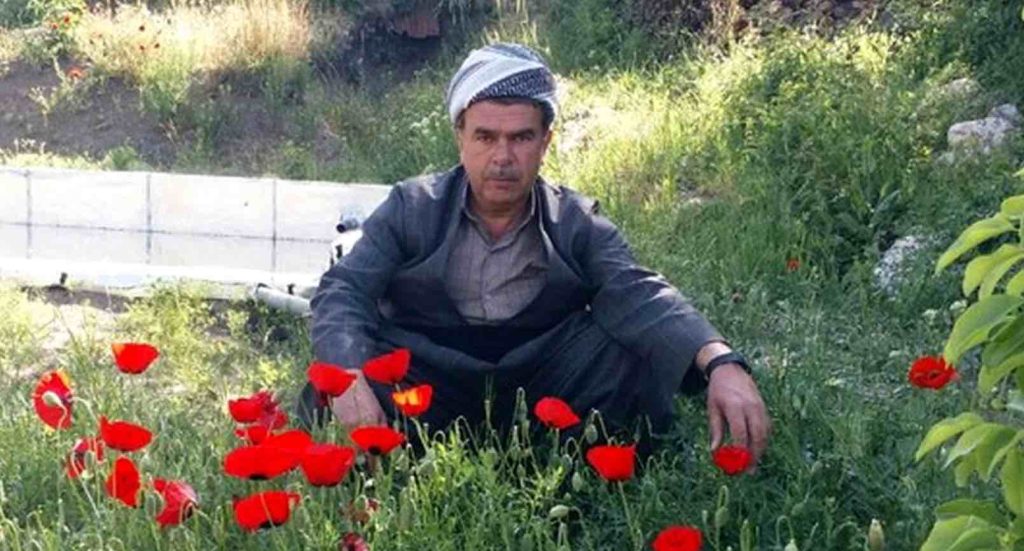The trial of Saleh Nikbakht, the lawyer representing the family of Jina Mahsa Amini, which was scheduled to take place today, has been postponed due to administrative issues.
Nikbakht is facing charges of “propaganda against the Islamic Republic system” for speaking out against the opinion of the Forensic Medicine Commission regarding Amini’s death in an interview with foreign media and Etemad newspaper.
Amini died in police custody in September 2022, sparking nationwide protests that resulted in the deaths of at least 500 people and injuries to thousands more. Despite the family’s complaint against those responsible for Amini’s death, no action has been taken so far.
Nikbakht’s trial was scheduled to take place in Branch 28 of the Islamic Revolutionary Court of Tehran, chaired by Judge Moghiseh, on 1 August.
Nikbakht had objected to the Forensic Medicine Commission’s opinion, which stated that Amini’s cause of death was “heart attack” due to an “underlying disease.”
He had called for “re-examination and the formation of a new committee with the presence of prominent and trusted physicians in the medical community of the country” to investigate the matter.
However, judicial authorities deemed his objection to be a violation of the law and have taken steps to bring charges against him for “propaganda against the state”.
The Branch 2 of the Public and Revolutionary Prosecutor’s Office in Tehran arraigned Nikbakht on 11 March on the charge of “propaganda against the state” over his interviews with journalists abroad. He was later released on bail pending trial.
Jina Mahsa Amini was arrested by the morality police on 13 September 2022 on one of Tehran’s streets for wearing her hijab “inappropriately”.
Less than two hours after being taken to the Morality Police building on Vozara Street in Tehran, she was taken to Kasra Hospital in an unconscious state due to the severity of the blows to her head inflicted by the officers.
According to published reports, Amini was brain-dead when she was hospitalised. She died three days later, on 16 September, at Kasra Hospital in Tehran.
Although the Islamic Republic, as usual, announced Amini’s cause of death as a heart attack caused by an underlying illness, her family rejected this claim, insisting that their child was perfectly healthy before her arrest.
Several eyewitnesses among the detainees in the same van that took Amini to a detention centre, later confirmed that police officers used violence and beat the young woman severely, fracturing her skull.
According to Amini’s lawyer, Saleh Nikbakht, no judicial action has been taken in this case and the investigation has been conducted without the presence of her family and lawyer.

